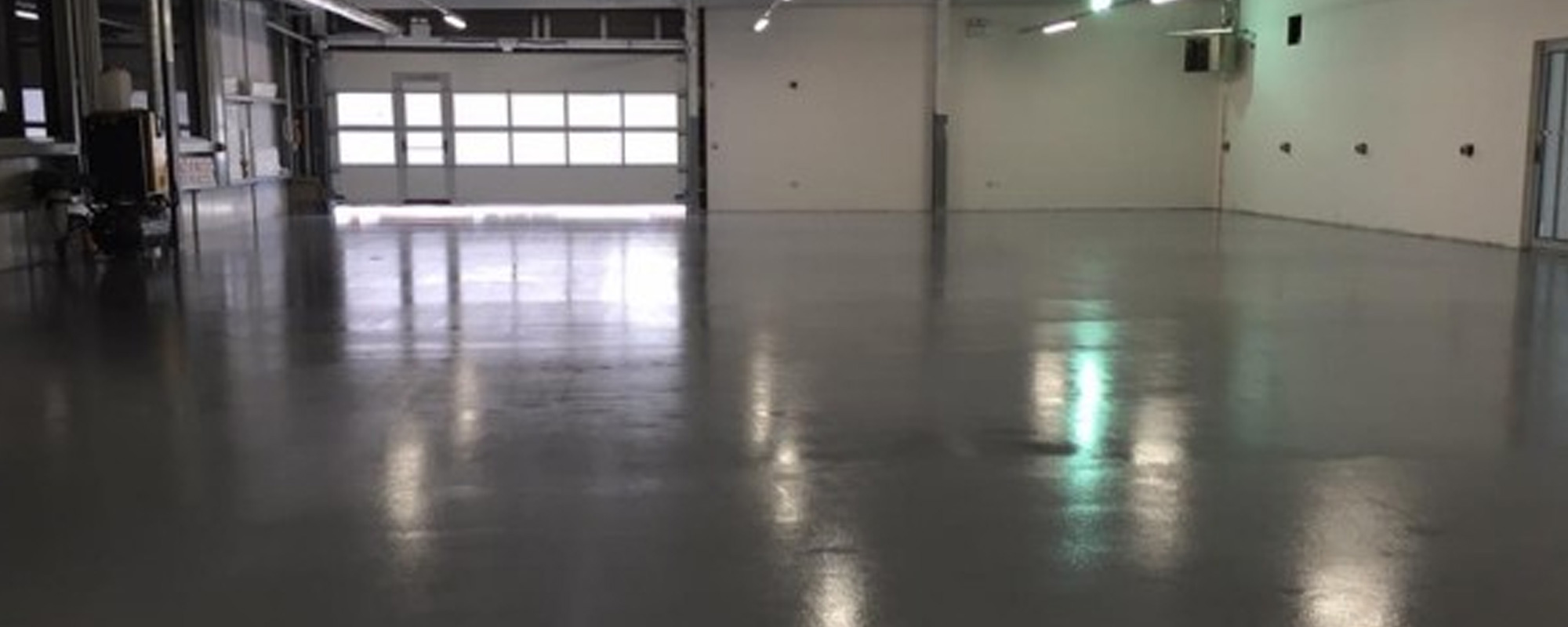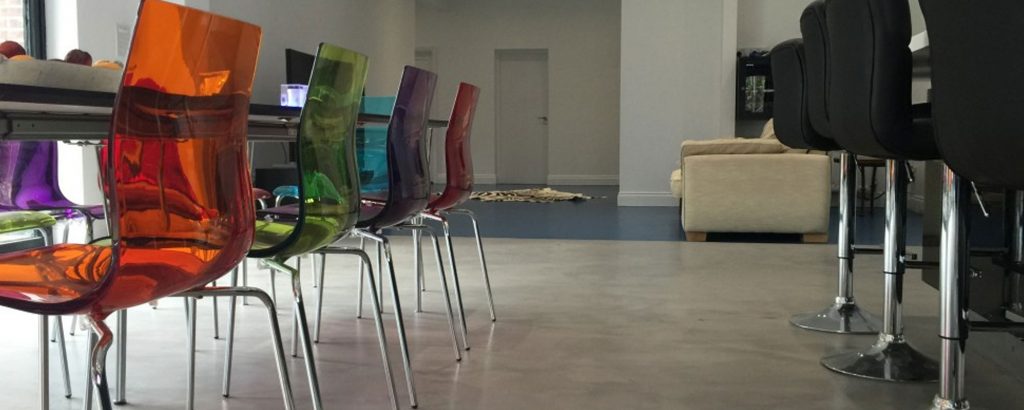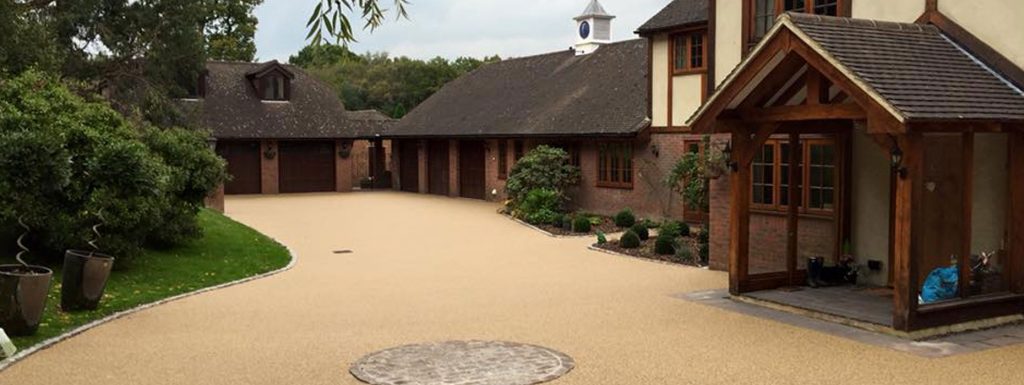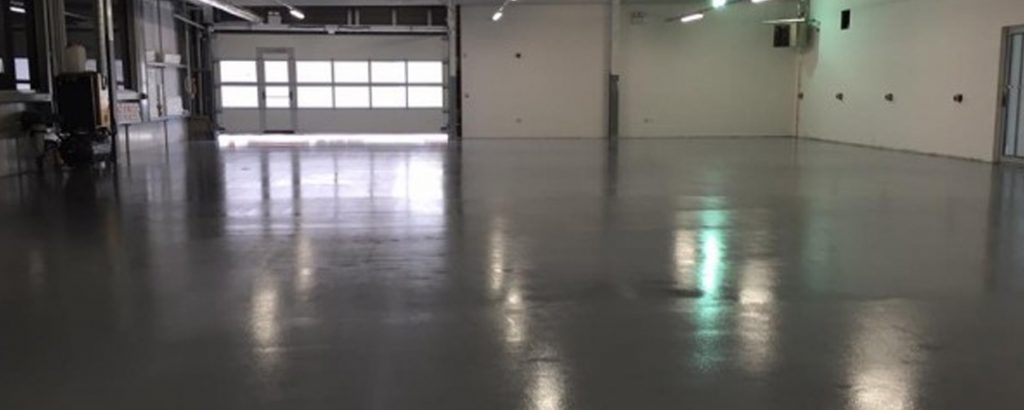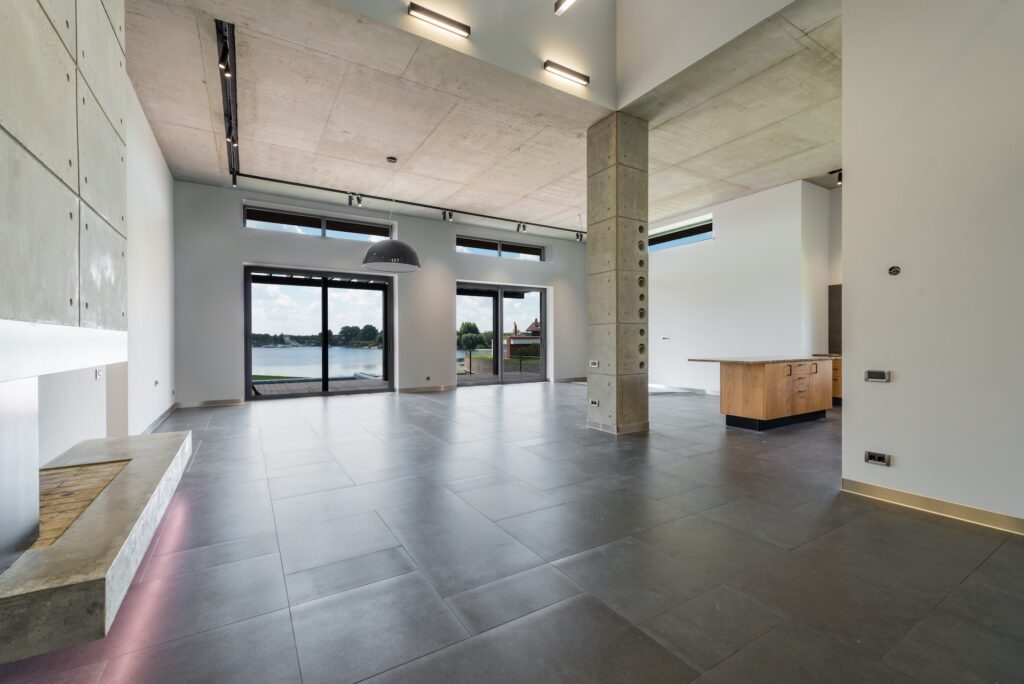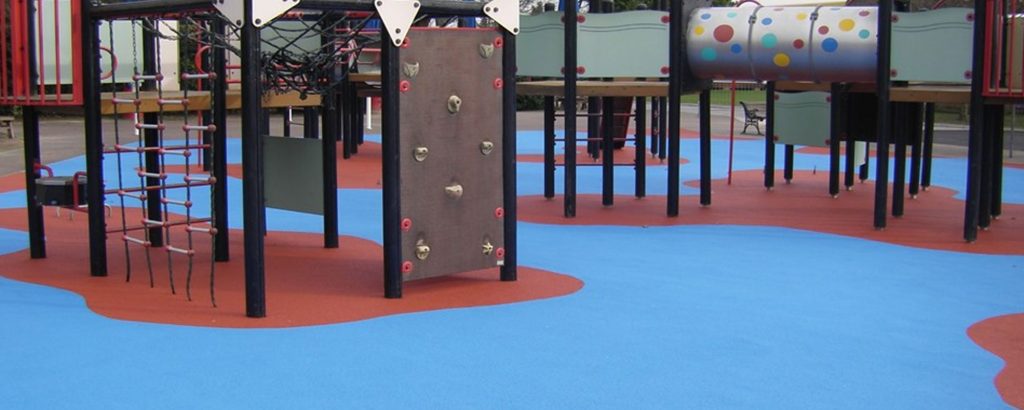Planning a new floor? Choosing the right flooring for your environment can be a tough decision, and (like most things) there are pros and cons that come with any material choice for your flooring solution.
If you’re thinking about installing epoxy flooring for either domestic or commercial purposes, consider the pros and cons for your environment and establish whether it is a good fit or not.
Looking for a free epoxy flooring quote?
Fill out our contact form with more details about your project we'll get in touch with a more accurate, no-obligation epoxy flooring quote.
Pros of epoxy flooring:
- Smooth and modern Appearance: In more recent years, epoxy-based flooring has been a popular choice in contemporary spaces, due to its smooth, seamless and professional finish. The enticing finish of epoxy-based flooring has greatly increased its popularity, and the easy to maintain nature of the material is a popular choice for commercial environments.
- Great Affordability: The affordability of epoxy-based flooring is one of the most appealing factors of this flooring solution. Epoxy flooring is cheaper per square foot than many other flooring materials, and can be installed directly over concrete and other surfaces, significantly reducing installation costs.
- High Resistance: Epoxy flooring is a popular choice within the industrial and commercial industry due to its high resistant properties. The surface material is resistant to just about everything, including chemical fluids and oil.
- High Durability: Known for their durability, epoxy floors have a longer lifespan compared to many other flooring solutions. Once applied on top of concrete, the epoxy flooring creates a hard and fast bond offering a much stronger flooring solution than just concrete. The material itself is resistant to impact and therefore able to retain its properties regardless of the traffic, loads and harsh environments the flooring is faced with daily.
- Protective from the elements: In most cases, epoxy flooring is installed over concrete. This essentially creates a protective case for the concrete underneath, which protects it from elements such as moisture, grease, cracks and general wear.
- Built for Longevity: Epoxy flooring has a longer lifespan than most other flooring solutions which is highly favoured in environments where flooring is subject to heavy traffic and loads. If installed properly, epoxy flooring can last up to several decades and still retain its original properties and finish.
- A wide variety of colours: Epoxy flooring comes in a range of colours and patterns dependent on your request, allowing you to create a bespoke space in your home, office or industrial space.
- High Safety Vevels: The safety of epoxy flooring is one of the lesser-known facts but could make a huge difference to an individual’s choice in flooring solutions. Epoxy flooring does not emit any harmful gases or chemicals that may endanger the health of people or animals. The material is also resistant to bacteria and germs making it a highly popular choice for hospitals and doctor surgeries.
Cons of epoxy flooring:
As with all types of flooring, there are some disadvantages of epoxy flooring, however, most of these disadvantages are related to the installation rather than the product itself!
- Temporary: Even though epoxy flooring has durable and resistant properties, everyday wear on the flooring (especially in harsh environments) will impact the appearance and performance of the material over a long period of time. To maintain the appearance of the epoxy flooring you will need to install a new coat of epoxy.
- They can be slippery if untreated: Despite being relatively skid resistant, in some cases where people opt for oil-covered epoxy this can lead to a very slippery surface. And in all cases of epoxy flooring, when the surface becomes wet this can create a very dangerous environment.
- Meticulous preparation: Preparing your flooring for installation can be a long and tedious process. If installing epoxy flooring on top of concrete, you will need to ensure the concrete is free of grease, oil and solvents, whilst also ensuring cracks have been filled for a smooth finish.
- Expert Installation needed: Epoxy flooring must be installed by professionals. The installation process can be a time-consuming process and also quite messy. It can take several days for the surface to sufficiently dry before use and if the resin and hardener are not mixed properly, this could affect the performance of the flooring after it has dried.
- Adherence: Epoxy does not adhere well in damp environments. For maximum performance, epoxy resin-based flooring must not be applied to concrete surfaces that are moist. It is also not recommended to use epoxy flooring in environments that are subject to high levels of moisture like basements.
- Tough to Remove: In the case of changing the colour and design of already installed epoxy flooring, it can be labour-intensive and costly to make these changes. It is also a costly endeavour to repair or remove the epoxy coating.
If you’re still unsure whether an epoxy-based flooring solution would be suitable for your desired environment discover our range of industrial epoxy flooring options and explore the answers to the most frequently asked questions. Our experienced team would be happy to provide expert knowledge and advice if you contact us today.
Related Reading
